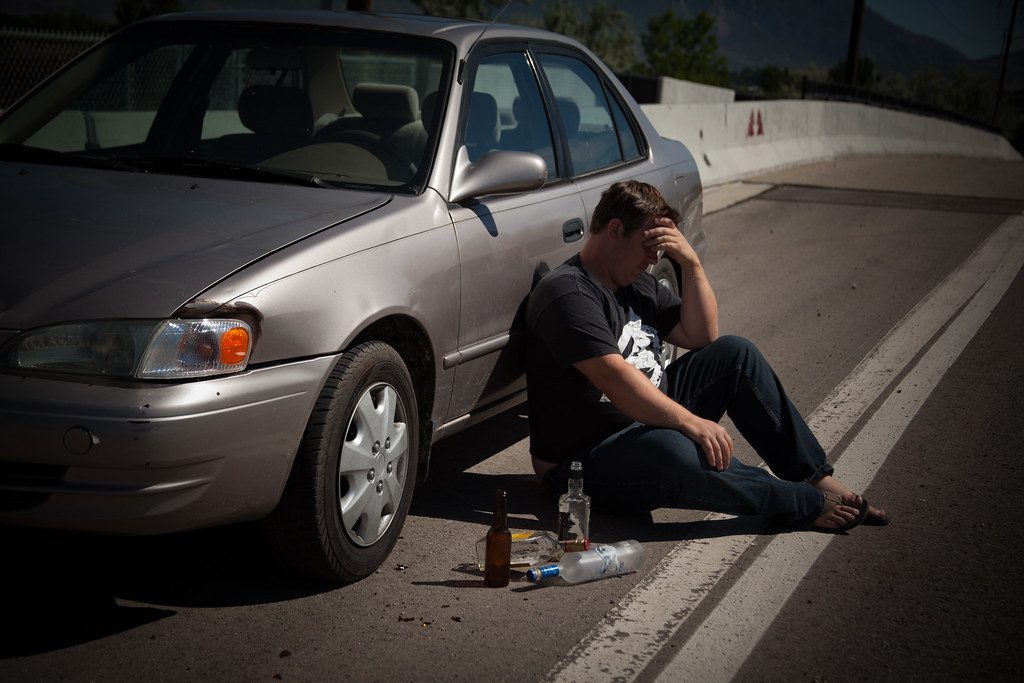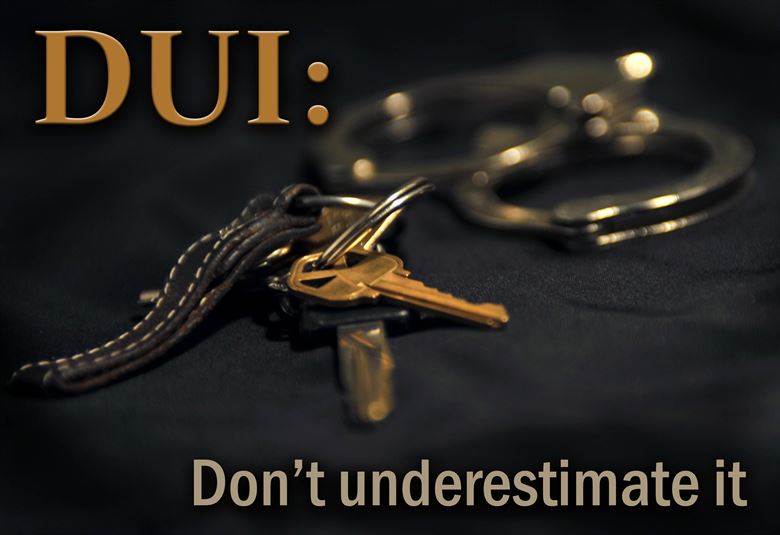It is a crime in every state for a motorist to operate a vehicle while impaired by the effects of alcohol or other drugs, including prescription medications. Depending on the state, the offense is called driving under the influence (DUI), driving while intoxicated (DWI), or a similar term. Even if evidence of blood-alcohol concentration (BAC) shows impairment, a good DUI lawyer may seek to have the case dismissed or the charges reduced. Also, attorneys often negotiate for lesser sentences and treatment diversion programs.
Upon conviction of a DUI, you will receive some sort of criminal sentence (such as community service, a fine, even jail) and your driver’s license likely will be suspended or revoked, depending on the severity and whether it is a first offense. Your attorney may be able to help you obtain driving privileges with the condition of using an ignition interlock device (IDD) or the court’s permission to drive to and from work.

Terms to Know
- Implied Consent: In every state, motorists consent to a police stop and BAC test as a condition of receiving a driver’s license. Failure to submit to a BAC test breaks this agreement and results in a driver’s license suspension.
- Blood-Alcohol Concentration (BAC): The concentration of alcohol in one’s bloodstream, which is used to determine a motorist’s level of alcohol impairment.
- Drug Recognition Experts: Officers specially trained to determine the drug impairment of a DUI suspect.
- DUI Checkpoints: Roadblocks set up by police, typically along busy roadways during New Year’s Eve and other alcohol-related events, in which motorists and checked for impairment at random.
If you have been charged with a DUI offence in Hamilton then your defence could be a tough one considering that a DUI is a criminal offence in Ontario. The Criminal code levies heavy penalties if you are to be convicted in a DUI case. A conviction for a DUI offence can have numerous negative impacts in your life. It is necessary that you challenge the case against you so that it gets dismissed. Failure to do so will attract heavy penalties and you will end up with a criminal record. If you are thinking about how to get a DUI dismissed then the first thing you need to do is seek the reliable services of a Hamilton DUI Lawyer. We specialize in DUI laws and can assess and prepare your case in the most appropriate manner.
There has been a recent increase of drunk driving convictions in Toronto courts and this has contributed to drunk driving becoming the largest single offence in Ontario. Drinking and driving cases are more likely to be brought to trial than any other criminal offence. The reason for this is that at trial, these cases are often contested on highly technical grounds based mainly on police violations where Sections 8, 9 and 10 (b) of the Charter of Rights and Freedom are cited in our client’s defence.

As a respectable Toronto drunk driving lawyer, we have many years of experience in successfully defending our clients with drunk driving charges. As experienced DUI criminal defence attorneys, we have shown and assured consistent results largely due to our vigorous cross examination of prosecution witnesses as well as our ability to target technical in sufficient. Contact us immediately if you have been charged for driving while drunk in Toronto, ON. The earlier you get in contact with us the better.
THE CHANCES OF GETTING YOUR DUI DISMISSED IN THE CITY OF HAMILTON
The chances of getting a DUI dismissed mostly depend on the facts of the case. Every case is different from the other and getting a DUI case dismissed is something that can only be assessed by a lawyer. An outstanding DUI lawyer understands the many ways of getting a DUI case dismissed but to do so your lawyer will first have to assess the facts within the presented files.
When You May Need a DUI Attorney
Drunk or impaired driving is taken seriously by courts, particularly since it can be so deadly to other motorists. Therefore, the stakes of a DUI case are quite high. Those convicted of a DUI usually lose their license for a certain period of time, pay a hefty fine, and sometimes serve time in jail (especially if it is a repeat offense). Even if your DUI lawyer is unable to dismiss the case, he or she may be able to reduce the sentence or otherwise provide for a softer landing.
Legal representation is rarely cheap, but a skilled DUI lawyer should be able to help you with the outcome of your case. To learn more about how a DUI attorney may help your case, see Hire a DUI Lawyer and Get Legal Help with a DUI.
